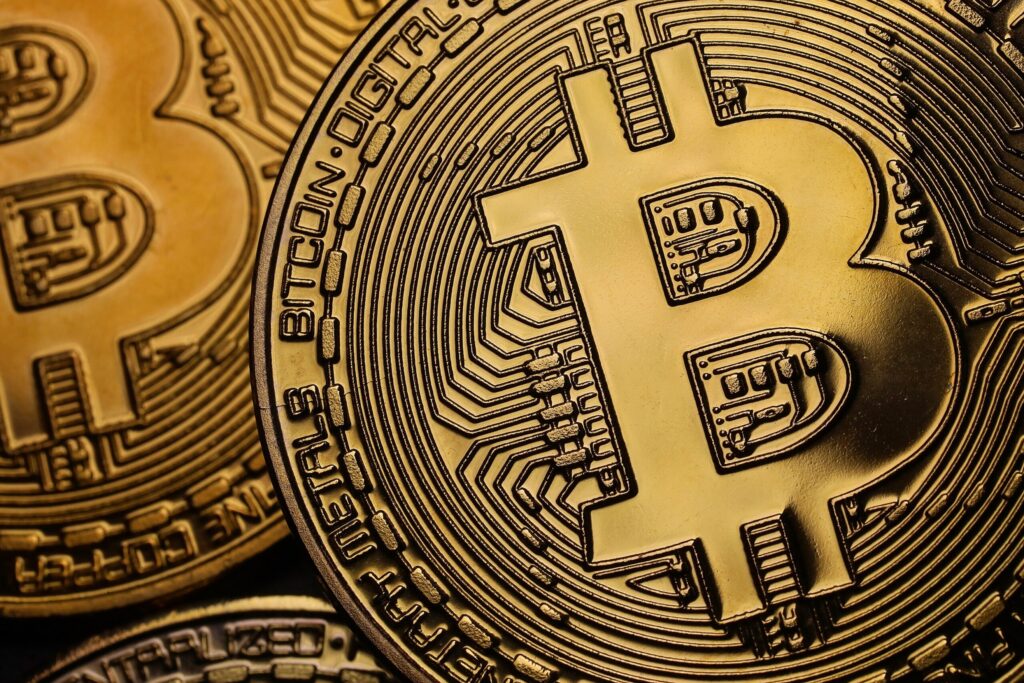The Dark Web’s Bitcoin Black Market: What’s Behind the Growing Concerns?
The dark web, a shadowy digital realm, has long been a breeding ground for illicit activities, and the rise of cryptocurrencies like Bitcoin has only exacerbated the problem. The dark web’s bitcoin black market, in particular, has become a hotbed of illegal transactions, sparking growing concerns among law enforcement agencies and financial regulators around the world.
What is the Dark Web’s Bitcoin Black Market?
The dark web’s bitcoin black market refers to the online black markets that operate on the dark web, using cryptocurrencies like Bitcoin to facilitate illegal transactions. These markets emerged in the early 2010s, exploiting the anonymity and security features of blockchain technology to facilitate illegal activities such as drug trafficking, weapons dealing, and human trafficking.
Key Players in the Dark Web’s Bitcoin Black Market
Several prominent dark web marketplaces have emerged, catering to various criminal activities. Some of the most notorious ones include:
- Silk Road: Founded in 2011, Silk Road was one of the first major dark web marketplaces, specializing in illegal drugs, weapons, and hacking services. It was shut down by the FBI in 2013, but its legacy continues to shape the dark web’s bitcoin black market.
- Anderson: A Purple: A Russian-language marketplace, Anderson: A Purple, has been a prominent player in the dark web’s bitcoin black market, offering drugs, hacking services, and digital goods.
- Alphabay: A Deep-Web Marketplace: Alphabay was another prominent dark web marketplace, shutting down in 2017 after a law enforcement operation. It hosted a wide range of illegal activities, including drug trafficking, weapons dealing, and hacking services.
Growing Concerns
The dark web’s bitcoin black market has grown exponentially, posing significant concerns for law enforcement agencies and financial regulators. Some of the concerns include:
- Illegal Activities: The dark web’s bitcoin black market facilitates illegal activities, such as drug trafficking, weapons dealing, and human trafficking, which can have severe consequences for public health and safety.
- Money Laundering: The anonymity of blockchain technology makes it challenging to trace illegal transactions, allowing criminals to launder money and funnel illicit funds into the global financial system.
- Risk of Cyberattacks: The dark web’s bitcoin black market is vulnerable to cyberattacks, which can compromise user data and compromise the entire network.
- Regulatory Challenges: Law enforcement agencies face significant challenges in tracking and prosecuting dark web criminals, as they often operate in the shadows, using encryption and pseudonyms to maintain their anonymity.
Law Enforcement Efforts
In response to the growing concerns, law enforcement agencies have stepped up their efforts to combat the dark web’s bitcoin black market. Some of the measures include:
- Takedowns: Law enforcement agencies have shut down several prominent dark web marketplaces, disrupting illegal activities and rendering them unusable.
- Arrests: Authorities have arrested key players in the dark web’s bitcoin black market, including administrators and prominent users.
- Increased Cooperation: International cooperation has played a crucial role in combating the dark web’s bitcoin black market, with agencies sharing intelligence and best practices to tackle the problem.
- Improved Cybersecurity: Law enforcement agencies have enhanced their cyber capabilities, working with private companies to develop more effective tools to track and prosecute dark web criminals.
Conclusion
The dark web’s bitcoin black market is a complex and evolving problem, requiring a multifaceted approach to combat. While law enforcement agencies have made significant progress, challenges remain, and it’s essential to address the underlying issues, including money laundering, cyberattacks, and regulatory gaps. The fight against the dark web’s bitcoin black market is ongoing, and it’s crucial to remain vigilant and proactive in combating the threats it poses to public health, safety, and the global financial system.

